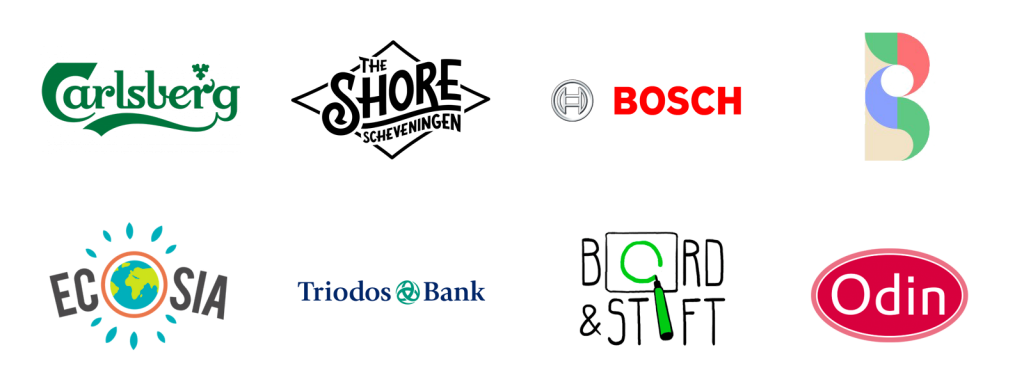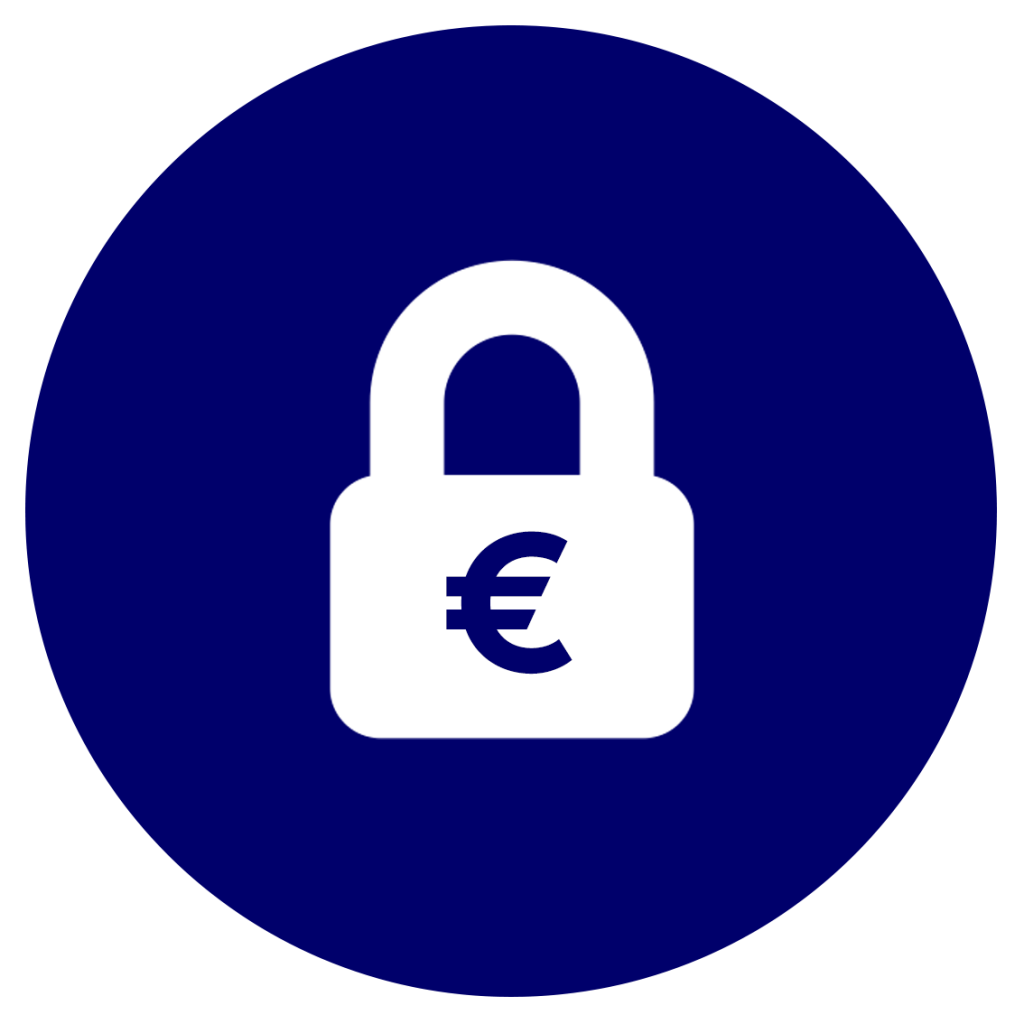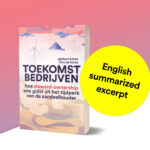
These three steward-ownership models are used in the Netherlands
Steward-ownership is an innovative alternative to conventional forms of ownership. At the same time, it is a proven concept that has been applied for many years by both large and small companies, such as these 8 companies:

Een aantal grote en kleine Nederlandse, Duitse en Deense steward-owned bedrijven
These and other steward-owned companies do not all use the same legal form, but have chosen within their legal structure to secure the two universal steward-ownership principles:
Self-governance: Voting rights lie with people involved in the company. This control cannot be sold.
Profit serves the mission: Profits are reinvested in the company and/or donated in line with the company’s mission. Investors and founders are compensated fairly.
Three models
In particular, the Dutch steward-owned companies use the following three models to implement the two steward-ownership principles:

Golden share
In the golden share model, the company gives voting shares to stewards. These shares can never be traded. Investors can obtain economic shares and trade them if necessary. A foundation holds a golden share with veto rights to ensure that the structure is maintained. An example of a company using this model is Moonback.

Neutralized capital
In the neutralized capital model, economic ownership over the company is held by a foundation. The value of the company is thus completely “neutralized”. The voting rights lie with stewards and can never be traded. An example of a company using this model is surf school The Shore.

Shareholder foundation
In the shareholder foundation model, the entire company – or most of the voting power – is owned by a foundation with a sound governance structure, allowing the foundation to act as a responsible owner. An example of a company using this model is Triodos Bank.
The choice for a model is determined, among other things, by the type of company, its goals and ambitions, and the stage the company is in. For example, for a company in need of venture capital, it may be interesting to be able to issue shares, although it is also quite possible for a foundation to issue bonds or certificates of shares so that the company obtains equity to grow.
The decision to implement steward-ownership is irreversible (after all, that is the value), but that does not mean that companies are also locked into a chosen legal form. It is quite possible to evolve the legal form, or even change it.




